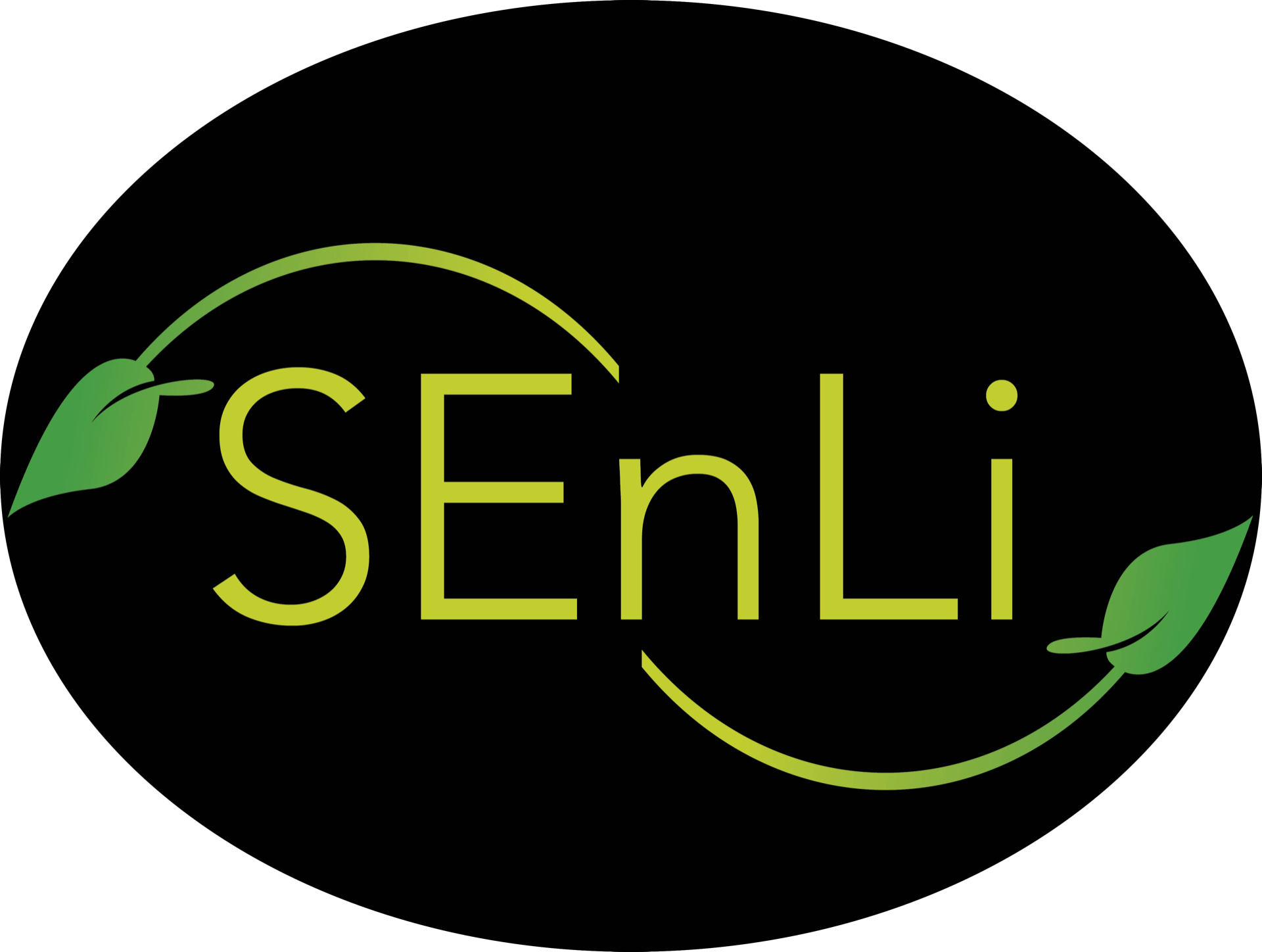By Marwa Naime and Elham Chaiban
According to NASA1, 2020 was the hottest year on record, despite the pandemic disrupting life as usual and incidentally decreasing transport and energy emissions. It’s therefore evident that further collective action is required to mitigate climate change. Now that we’re one month into the new year, this is your call to center your 2021 resolutions around the environment. In this article, we’ve compiled a list of tips for an eco-friendly new year, along with sustainable and local businesses that will help you stay on track!
Resolution 1: Use less plastic
The grave effect of plastic and its reckless disposal has always been a danger for the environment, and this stands till this day with a constant increase in plastic production and consumption. Most plastic waste ends up in oceans where it becomes a direct, lethal threat to marine life which frequently choke and suffocate on this waste. Plastic which is not encountered by marine life ends up decomposing into microplastics which incidentally ends up in our manufactured products and water sources since they cannot be readily filtered2. In the case where plastic waste ends up in landfills, it still has a harmful effect on the environment surrounding it as its decomposition lifetime is considerably long. Many of these additives in plastics which make them strong, flexible, and durable can extend the life of products with some estimates ranging to at least 400 years to break down3. Change starts on an individualistic level, so limit your plastic consumption to help the environment!
No plastic alternatives:
Body.and.soul.fitness, Savvy (shampoo bars)
h.o.cbottles, h2golebanon (reusable bottles)
tote3abeirut (custom tote bags)
loveyrnature (bamboo straws, cups, bowls…)
soughtlebanon (bamboo toothbrush)
Resolution 2: Eat less meat
The meat industry is one of the largest greenhouse gas emitting industries: methane from enteric fermentation and manure, and nitrous oxide from wastes and chemical fertilizers used on crops produced for cattle feed. In addition to polluting the air, the intensive use of fertilizers and the generated animal waste pollute the soil and water. It also plays a significant role in deforestation since an estimated area equivalent to seven football fields is cleared every minute for grazing4. Species are incidentally being lost at 100 times the rate of natural extinction, resulting in significant biodiversity loss. Overall, decreasing your meat intake definitely has a positive impact on the environment, and of course, the animals will thank you too!
Restaurants:
Meet the Veganz
Luna’s Kitchen
Kalei
The Happy Roll
Sendyani Vegan Cafe
Cantina Sociale
Barley & Bean
Breakfast Barn
Coara
Resolution 3: Recycling
Lebanon continues to face difficulties managing its waste as landfills continue to fill up and the country lacks a national action plan for recycling waste. We must therefore take individual action for handling our waste when possible such as composting organic waste which releases considerable amounts of harmful greenhouse gases in the landfills they end up in. Moreover, several initiatives offer home pick-ups for sorted waste to be recycled or repurposed which makes this resolution trouble-free!
Recycling initiatives:
Fondation Diane Batteries Bin www.fondation-diane.org (multiple locations)
E-waste: ecoserv dropzone www.ecoservlb.org (multiple locations)
FabricAID Bin fabricaid.me (multiple locations)
Liveloverecyle app
Resolution 4: Buy second hand
Thrift shops have gained popularity in Lebanon as the currency plunged and the inflation hindered the purchasing ability of many. Seeing as there has been a growing production of clothes which contain synthetic materials-plastics- which end up in landfills, one can understand the negative effect it has on the environment as explained earlier.In addition, a considerably harmful amount of resources is needed for production. For instance, a pair of jeans takes roughly 1800 gallons of water to make and a shirt requires almost 400 gallons5. Buying second hand also has more positive effects on the climate, which is explored in more detail in the article “Thrift Culture in Lebanon and Sustainability”. In general, buying second hand products of any kind diverts waste from landfills and reduces unnecessary resource depletion and energy consumption which falls in line with sustainability. So, ease some burden off the planet and your wallet!
Thrift and second hand shops:
Pinkattik
Garagesouklebanon
Halabibookshop
Booksreloved
Frontyardclothing
References:
1- https://www.nasa.gov/press-release/2020-tied-for-warmest-year-on-record-nasa-analysis-shows
2- https://oceanservice.noaa.gov/facts/microplastics.html
4- https://rune.une.edu.au/web/handle/1959.11/4816
5- https://serc.berkeley.edu/why-thrifting-is-good-for-the-planet-not-just-your-wallet/
